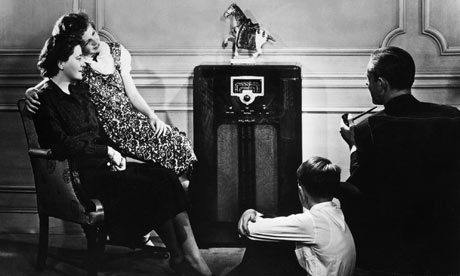Tiana got a shock, so let’s back track here. I get to play bad cop, Brian, Jasmine and Elliot good cop. Most of our graduates get good jobs, just mostly not directly making stuff for money. A lot end up in what I think of as creative middle management, they are production managers for a postproduction company (all around the world), or they are the person in charge of DVD development for a distributor. That means you don’t make the DVDs, you engage a design house, give them a brief and budget, and give the OK for their work. You work with marketing, distribution, and so on. These are very good jobs, and a growth area. Our students get these because you can talk to makers, and managers (remember my ‘T’ shaped people talk earlier?) Most don’t stay trying to make because the insecurity of employment and income is, well, insecure, you want a regular salary, holiday pay, superannuation. Some recognise the things we teach, and more sideways, portable.tv was created by two RMIT media graduates who paid attention to subjects like this. It’s a service, an experience, a series of events. The shock you need to get is that today you have the capacity to make this happen, and that is how it works. You have to take it to the world, rather than enter at the ground floor and work your way up (the world coming to you). So please, don’t panic (you have two more years here that will help), and realise the opportunities you now have, and take them.
Lauren picks up the experience media and content observations from symposium 0.1.
